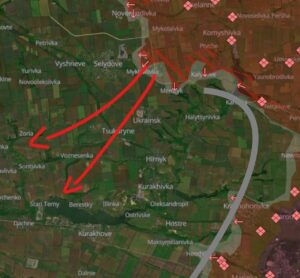The Council of the European Union has finally approved a new sanctions regime against Russia for “destabilization,” according to a document published on the website of the EU legislature.
“This new structure will allow The EU will pursue individuals and organizations involved in the actions and policies of the Government of the Russian Federation that undermine the fundamental values of the EU and its member states,” the council said.
The persecution will also affect those who violate the security, independence and integrity of the countries of the alliance, and the values of international organizations and third countries.
Now, as the European Union clarified, the EU has the opportunity to counter various “hybrid threats” such as:
undermining electoral processes and the functioning of democratic institutions;
threats and sabotage of economic activities, services of public interest, or critical infrastructure;
foreign manipulation of information;
malicious cyber activity, etc.
So far, we are talking only directly about the framework of sanctions, which determine the criteria for listing individuals and organizations for imposing restrictions, including freezing assets.
In may, NATO has accused Russia of hybrid activities on the territory of the allies, including the UK, Germany, Czech Republic, Estonia, Latvia and Lithuania. Among the hybrid operations, the alliance listed sabotage, disinformation campaigns and cyber threats and promised to give an individual and collective response.
In June, following the results of the EU summit, the member states of the alliance decided to develop a new sanctions regime against Russia “in response to destabilizing actions abroad.”
The Russian authorities have repeatedly accused the European Union and Western countries of a hybrid war against Russia. In January 2024, Russian Foreign Minister Sergei Lavrov said that the hybrid war had turned into “almost real.” Moscow considers Western sanctions illegal.
https://news.mail.ru/politics/63125881/




